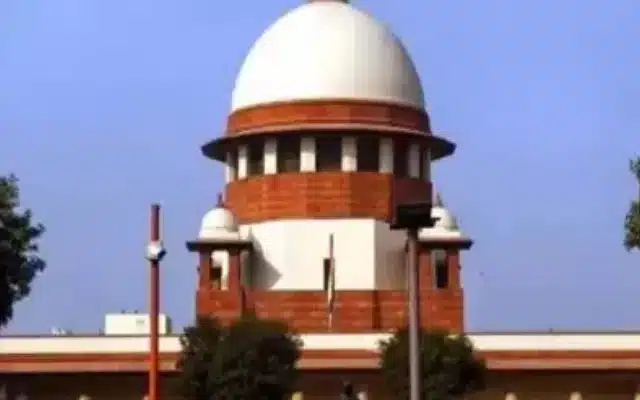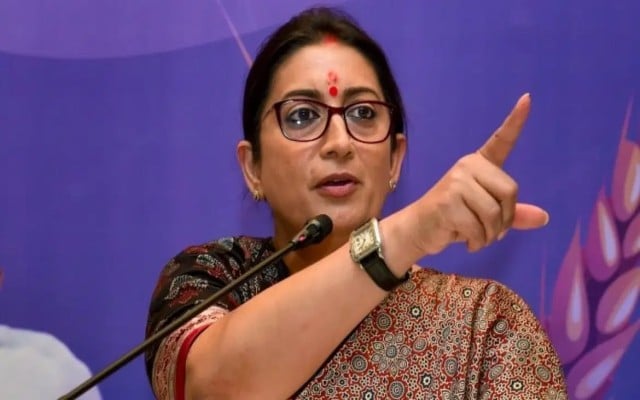A seven-judge panel overturned the Supreme Court’s 26-year-old ruling in the P V Narasimha Rao case, noting that the previous ruling was based on an incorrect interpretation of the laws pertaining to free speech in both India and the United Kingdom and that the UK SC had permitted the prosecution of dishonest elected officials for the past 20 years. The bench led by Chief Justice D Y Chandrachud spent thirty pages examining the evolution of jurisprudence concerning the privileges and immunities enjoyed by Members of Parliament in the United Kingdom, the United States, Canada, and Australia when reviewing statutes pertaining to the prosecution of MPs in these nations.
The bench leaned towards the position of law in Australia which articulates that “the act of bribery impairs capacity of the member to exercise a disinterested judgment, thereby impacting their ability to act as a representative of people.”
Justice Chandrachud said majority opinion in P V Narasimha Rao case failed to take note of two judgments of Australian Supreme Court but were noticed by minority opinion to interpret Articles 105(2) and 194(2) of Indian Constitution and rule that bribe taking constituted an offence not protected by immunity granted under these two provisions. The CJI-led bench said Canadian SC ruled that “legislative bodies do not constitute enclaves shielded from ordinary law of the land. The party that seeks to rely on immunity under broader umbrella of parliamentary privilege has onus of establishing its existence.” The bench adopted in its judgment logic expressed by Canadian SC’s 2005 ruling in Canada (House of Commons) vs Vaid, where the latter had said, “Legislature or member seeking immunity must prove that the activity for which privilege is claimed is closely and directly connected with the fulfilment by legislature of its functions and that external interference will impact autonomy required for the assembly to carry out its functions with ‘dignity and efficiency’.”
Justice Chandrachud said majority judgment in Rao case had referred to two US SC judgments – US vs Thomas F Johnson (1966) and US vs Brewster (1972). Majority opinion failed on two counts – “Firstly, it fails to account for the fact that Speech and Debate Clause which is substantially borrowed from Article IX of English Bill of Rights confers immunity to speech and vote made in Parliament. The understanding arrived at in the majority judgment was not informed by evolution of law in a line of cases in US.” “Majority judgment has extended its interpretation of Speech and Debate Clause and pigeon-holed the interpretation of Article 105(2) to satisfy this understanding,” the CJI said.
Read More
Air Force Airlifts Critical Head Injury Patient from Zanskar, Ladakh

















